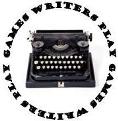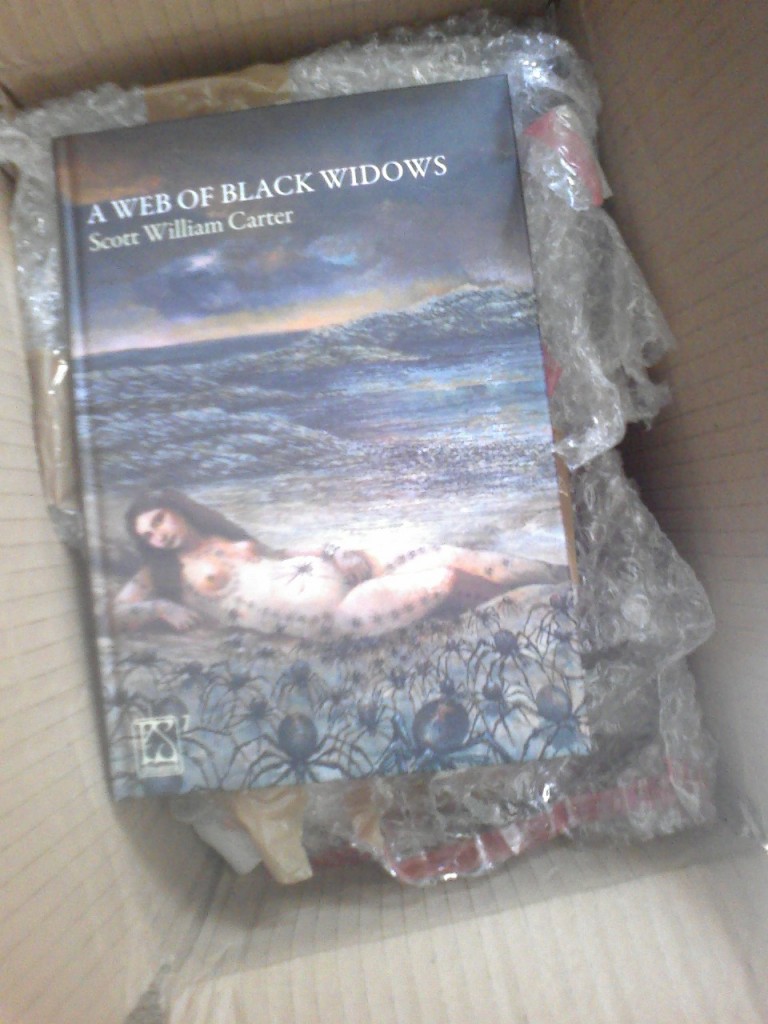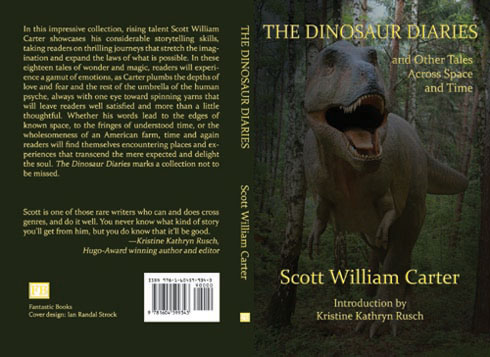
I’ve written over ten thousand words in a day. I’ve also written over seventy thousand words in a week. Am I particularly fast writer? Not really. I’m usually slow to warm up and fast as I close in on the end — but the average is around 1000 words an hour, give or take. Most writers are in the 500-1500 words range, though this can vary a bit depending where writers are in their careers.
When I tell non-writers I’ve written a short story in an afternoon or a novel in a week, invariably mouths drop open. But this isn’t as amazing as it sounds. Whether I write a book over a number of months — which is certainly more typical — or over a week, my actual writing speed is about the same.
So if I write, on average, 1000 words an hour, then a seventy thousand word novel = seventy hours of writing time.
Or if I’m trying to do it in a week, that’s ten thousand words a day for seven days, or 10 hours of writing time a day. Which is certainly grueling, but not impossible. I’ve done it. I’ve also written 5000 word stories in one sitting. In fact, I’ve done it many times — and sold those stories.
Here’s the kicker: When I look back years later at work that was done over many days or weeks or months, versus work that was completed in a short time span, I can’t tell, without looking at my writing journal, how long it took to complete any particular project.
This is all a long-winded prelude to this week’s particular game, which is simply this:
Block out a span of time, whether an afternoon or a week, and attempt to write a certain number of words — or, better yet, complete a project appropriate for that number of hours of writing time.
You’re going to have to clear the decks, of course. If you haven’t done this before, I’d recommend starting by blocking off a day. Write a short story. Or a novel chapter. Take a vacation day from the day job if you must. (This is important, right?) Get your family on board — it helps to tell other people what you’re doing. If you have an office, stay in there until you’ve met your quota, whatever it is. But you have to have a quantifiable goal, one that you’re going to have to reach for based on your writing speed.
What are the benefits? Even though the writing speed might be generally the same, you don’t have to “warm up your engines” as often as you do when you’re breaking up your project over more writing sessions. You’ll be in the flow longer, which certainly has its benefits. It’s also a nice skill to have should you ever be called by an editor who needs a project done on a tight deadline.
But the biggest benefit for me is that I get to stay in that creative place, that place I love so much, for a much longer period of time.
-+-
 It never fails. Whenever I find my creative well running dry, I get a charge out of reading great writing.
It never fails. Whenever I find my creative well running dry, I get a charge out of reading great writing.

